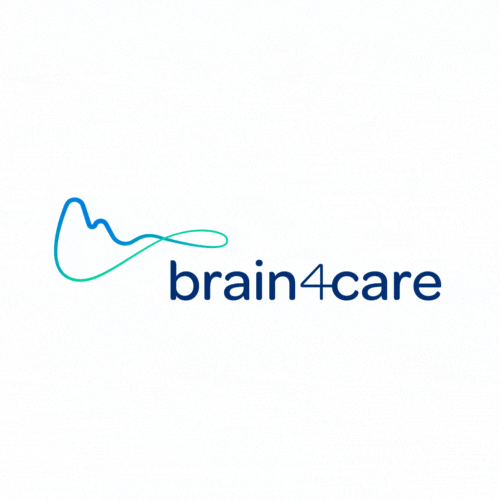
Utilizing Artificial Intelligence Tool to Identify Drugs with Potential to Clear Damaged Mitochondria Linked to Neurodegeneration
Researchers at the University of Toronto, led by Natália Moskal and Naomi P. Visanji, unveiled a groundbreaking study in the scientific journal PLOS Biology in 2023, presenting a promising avenue for treating Parkinson’s disease. Their study harnesses the power of artificial intelligence (AI) with IBM Watson for Drug Discovery software to pinpoint an existing drug with the potential to bolster mitophagy, a critical process in clearing out damaged mitochondria linked to neurodegeneration in Parkinson’s disease.
Parkinson’s disease, marked by both motor and non-motor symptoms, remains a formidable neurodegenerative challenge lacking disease-modifying treatments. The research highlighted in the PLOS Biology article underscores mitochondrial dysfunction as a pivotal factor in the disease’s progression, underscoring mitophagy as a focal point for investigation.
The research team devised a unique approach, crafting a semantic “fingerprint” of mitophagy enhancers through AI. They meticulously screened over three thousand candidates in a drug database, ultimately identifying 79 promising candidates. These contenders underwent rigorous testing in cell cultures against a mitochondrial toxin, with the top three candidates advancing to further mitophagy assays. Among these, probucol, a well-known cholesterol treatment drug, emerged as the most potent compound, fostering the elimination of damaged mitochondria in animal models of Parkinson’s disease.
Subsequent experiments in cell cultures and animal models corroborated the efficacy of probucol, demonstrating improvements in motor function, extended survival rates, and a reduction in dopaminergic neuron loss.
The research pinpointed probucol’s mechanism of action, revealing its inhibition of the ABCA1 protein responsible for lipid transport. This inhibition establishes a vital link between lipid droplets and mitophagy, underscoring the pivotal role of ABCA1 in probucol’s beneficial effects on eliminating damaged mitochondria. These findings propose a disease-modifying therapeutic intervention, marking a significant stride in the quest for effective Parkinson’s disease treatments.
By leveraging AI to sift through existing drugs, the study pioneers an innovative approach to identifying treatments for neurodegenerative disorders. The researchers emphasize that repurposing already approved drugs can expedite clinical development, capitalizing on existing pharmacological and toxicological data. Consequently, the study offers a beacon of hope and heralds new horizons in Parkinson’s disease treatment.
For further insights, the full article can be accessed at this link: https://journals.plos.org/plosbiology/article?id=10.1371/journal.pbio.3001977





